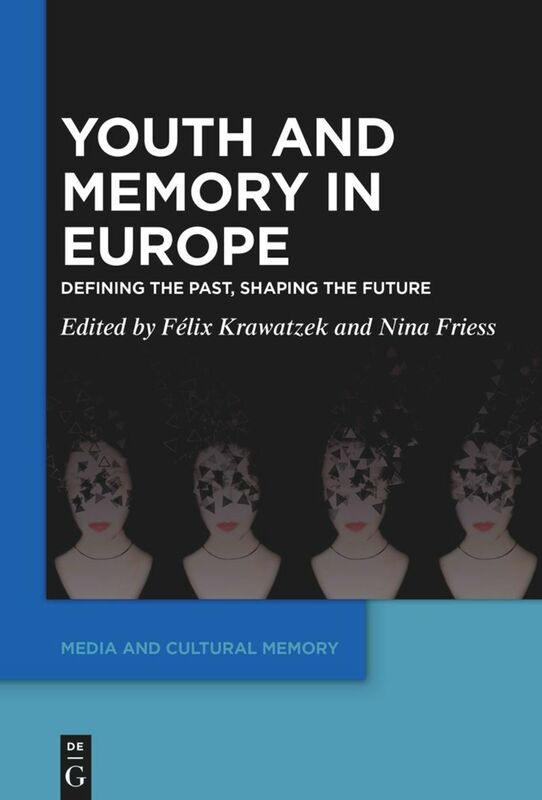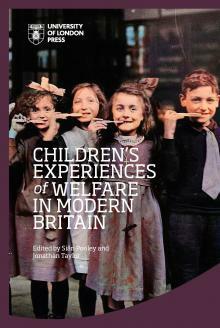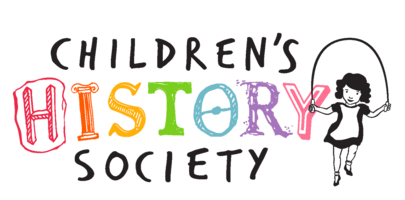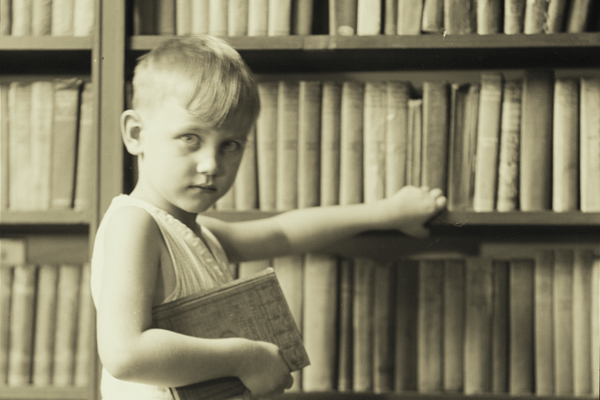
Youth and Memory in Europe: Defining the Past, Shaping the Future
Edited by Félix Krawatzek and Nina Friess (De Gruyter, 2022)
This volume contends that young individuals across Europe relate to their country’s history in complex and often ambivalent ways. It pays attention to how both formal education and broader culture communicate ideas about the past, and how young people respond to these ideas. The studies collected in this volume show that such ideas about the past are central to the formation of the group identities of nations, social movements, or religious groups. Young people express received historical narratives in new, potentially subversive, ways. As young people tend to be more mobile and ready to interrogate their own roots than later generations, they selectively privilege certain aspects of their identities and their identification with their family or nation while neglecting others. This collection aims to correct the popular misperception that young people are indifferent towards history and prove instead that historical narratives are constitutive to their individual identities and their sense of belonging to something broader than themselves.

Children’s Experiences of Welfare in Modern Britain
Edited By Siân Pooley and Jonathan Taylor (University of London Press, 2021)
The history of childhood and welfare in Britain through the eyes of children. Children’s Experiences of Welfare in Modern Britain brings together the latest research as provided by the state, charities and families from 1830 to 1980. Demonstrating how the young were integral to the making, interpretation, delivery and impact of welfare services, the chapters consider a wide range of investments in young people’s lives, including residential institutions, emigration schemes, hospitals and clinics, schools, social housing and familial care. Drawing upon thousands of personal testimonies, including a wealth of writing by children themselves, the book shows that we can only understand the history and impact of welfare if we listen to children’s experiences.



